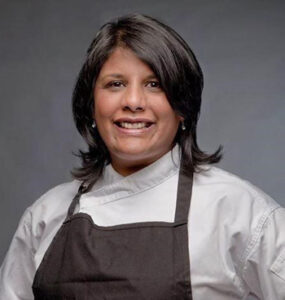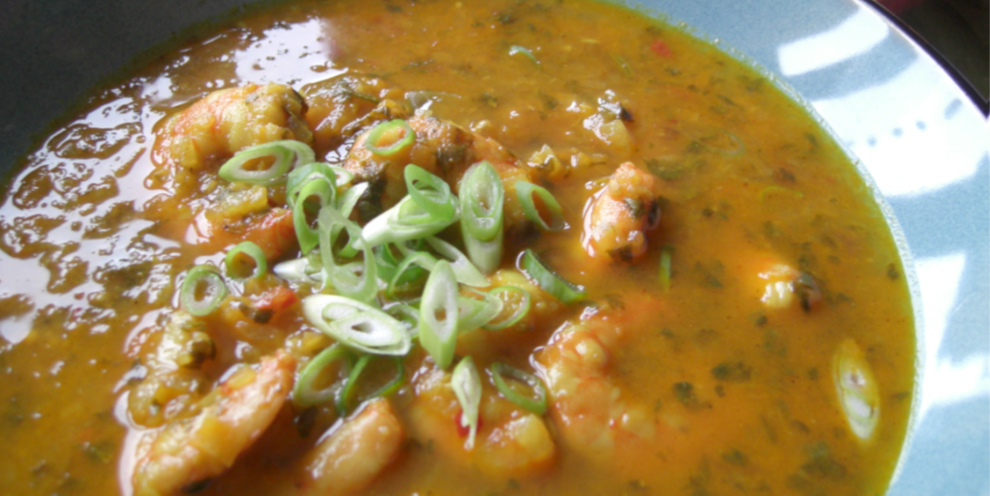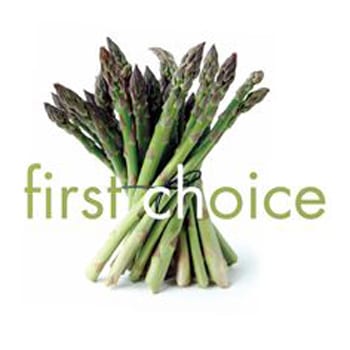Chef of the Week: Gita Mistry, Chef Patron of Gita Mistry Food in Bradford

How long have you worked at your current restaurant?
I have a completely different business model. My restaurant is the community. I bring my expertise to patrons’ homes, businesses, auditoriums and broadcasting studios. By working in that way I can share more than tastes and flavours. Ever since I was at school when I began to offer “Gita Mistry Cuisine in the Comfort of Your Home” I have shared my knowledge of the ingredients, customs and traditions of the culture that inspire my cooking.
Where did your passion for cooking come from and where did you learn your skills?
My mother was a great cook. She taught me the art of spicing, how to balance flavours and many other skills. And intuition being precise using her judgement. She never used scales or other measuring devices other than her senses. I also learnt from my father who ate meat and fish, unlike my mother. My parents came from Gujarat, one of the great gastronomic regions of India. Through my travels to India and many other countries and living in Bradford, I came into contact with many other culinary traditions – Punjabi, South Indian, Chinese, African, Italian, Jewish, Polish and of course English.
After I won the BBC Britain’s Best Cook “Eating with the Enemy” award and have cooked for some of Britain’s toughest food critics. I was given the opportunity to work in the kitchens of some of the world’s great chefs. I particularly enjoyed working with Philippe Gaertner Aux Armes de France in Alsace where I found myself in the local papers and television.
What do you enjoy most about being a chef?
I love watching the expressions of delight as my patrons explore my dishes. I also enjoy the process of creating food, that is to say, eating, testing, tasting and fine-tuning my understanding of designing dishes
Name three ingredients you couldn’t cook without.
Salt, mirin and lime leaves.
Which piece of kitchen equipment couldn’t you live without?
There are two:
- A Talitor, a metal thin-edge spatula. The one that I use belonged to my great-grandmother.
- A walon: a trolling pin (walon) which is bulbous in the centre and tapers off towards the extremities which is used for making different types of bread.
What food trends are you spotting at the moment?
I see a lot of African restaurants springing up. Africa has a similar climate to India’s and many of the ingredients that we use are also available there but African chefs seem to use them in a completely different way. Africa is beginning to emerge economically and culturally so why not gastronomically.
What do you think is a common mistake that lets chefs down?
Arrogance and lack of teamwork.
What is your favourite time of year for food, and why?
Autumn because of harvest time. it’s the time of year when you get lots of the best produce that’s been ripening all summer.
Which of your dishes are you most proud of?
All my award-winning dishes a couple them are my chilli honey pistachio lamb chops and potatoes and cashew and lime leaves.
How do you come up with new dishes?
Creative spirit and design pallets.
Who was your greatest influence?
My mother and other women in the UK and in India- women in the villages and towns I observed and learnt from.
Tell us three chefs you admire.
- My mother
- Ferran Adria
- Lena Richards
What is your favourite cookbook?
I don’t have a favourite cookbook but I like cooks who are technically ground-breaking, however, I am very amused by Fanny Cradock’s work.












